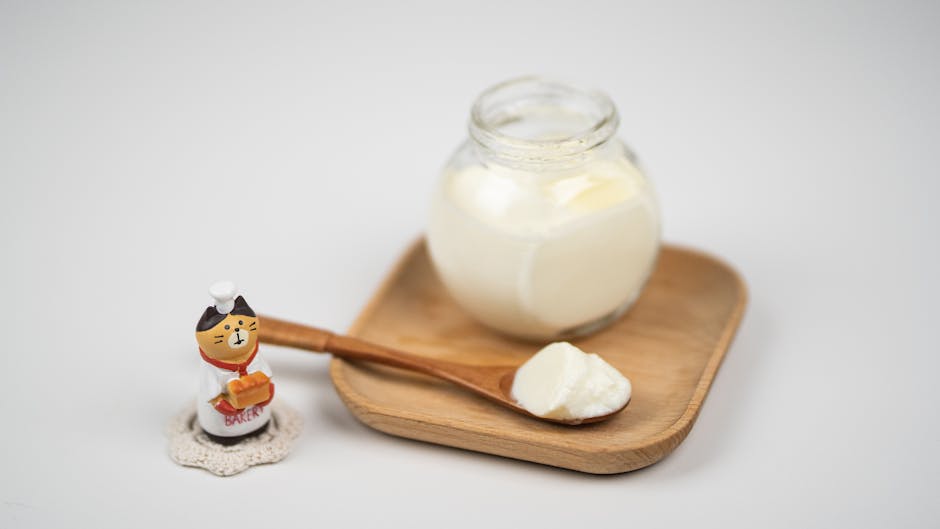
The Age-Old Debate: The Advantages and Disadvantages of Cheese
Is Cheese a Friend or Foe to Your Health and Taste Buds?
Cheese, a beloved staple in many cuisines around the world, has been enjoyed for centuries. This dairy product is not only versatile—used in everything from sandwiches to desserts—but also comes in a plethora of flavors and textures. However, cheese is a topic of debate: many praise its savory richness, while others warn against potential health issues it might cause. In this article, we'll explore both the advantages and disadvantages of cheese, giving you a deeper understanding of its place in your diet and lifestyle.
While cheese is often celebrated for its culinary uses, it’s essential to understand both its benefits and drawbacks. From the health benefits that come with consuming cheese to the potential risks associated with various types, we aim to provide a balanced view. Whether you are a cheese lover or an occasional consumer, this article will help you make informed decisions about incorporating cheese into your diet.
Pros
Cheese is often touted for its nutritional value and culinary versatility. From being rich in protein to offering essential vitamins and minerals, the benefits of cheese are substantial. Many varieties of cheese provide a significant source of calcium, promoting bone health and overall well-being. Additionally, cheese contains compounds that can enhance mood and brain health, making it a delightful, guilt-free indulgence in moderation. Let's dive into the many advantages cheese can bring to your diet.
Missing a pro?
Cons
Despite its many advantages, cheese isn't without its drawbacks. For some, the inclusion of cheese in their diet can lead to various health complications, and it's crucial to address these potential issues. Whether it's the risk of allergies, lactose intolerance, or the consumption of excessive saturated fats, cheese can pose challenges for some individuals. In this section, we will uncover the various disadvantages associated with cheese consumption, helping you understand the other side of this delectable dairy product.
Missing a con?
Conclusion
In conclusion, cheese is a complex food that presents both advantages and disadvantages. Its nutrient-dense profile and culinary versatility make it a cherished ingredient in many diets, while its potential health risks cannot be overlooked. By understanding both sides of the cheese debate, individuals can make informed choices that suit their personal health goals and preferences. Whether you love cheese or are cautious about it, balance is key. Enjoy cheese in moderation, and you'll be able to savor its delightful flavors while minimizing any potential health risks associated with its consumption.
What do you think?
Do you think the pros outweigh the cons?









